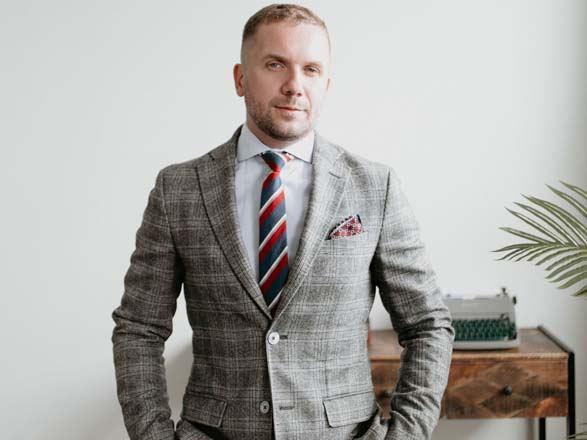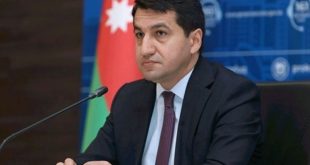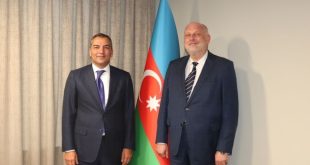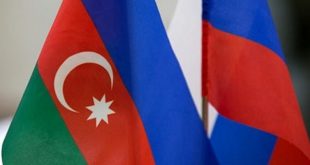
The socio-economic situation in Armenia is rather tough, Stanislav Pritchin, a senior analyst of the Center for Post-Soviet Studies of the Institute of World Economy and International Relations (IMEMO) of the Russian Academy of Sciences, told Trend.
“The situation for Armenia is developing as bad as it can, and it is clear that this could not pass without leaving a trace for internal political stability. Immediately after the announcement of the terms of the armistice, serious protests began in Armenia against the country’s Prime Minister Nikol Pashinyan and his party, calling for his resignation,” Pritchin noted.
“It seemed that Pashinyan’s government would not be able to stand its ground. Despite the fact that three months have already passed since the signing of the trilateral agreement, he and his team as a whole are still in power and show a fairly serious level of stability. But it is clear that all the same this is happening amid very serious dissatisfaction with the results and harsh criticism of the government,” said the expert.
According to the Russian expert, all this significantly complicates further settlement of the conflict, which involves unblocking the borders, jointly resolving issues and restoring the transport infrastructure.
“Thanks to the moderating efforts of Russia, two meetings of the intergovernmental commission at the level of deputy prime ministers were held. It was managed to create several expert groups that are working on certain issues on the agenda. We see that it is possible to conduct discussions in a constructive manner at the government level. But it is clear that the socio-economic situation in Armenia is hard enough. The indirect consequences of the Karabakh war and the aftermath of the COVID-19 pandemic, of course, are exacerbating the situation in Armenia,” Pritchin stressed.
 Oval Useful news from Azerbaijan and Caucasus
Oval Useful news from Azerbaijan and Caucasus


